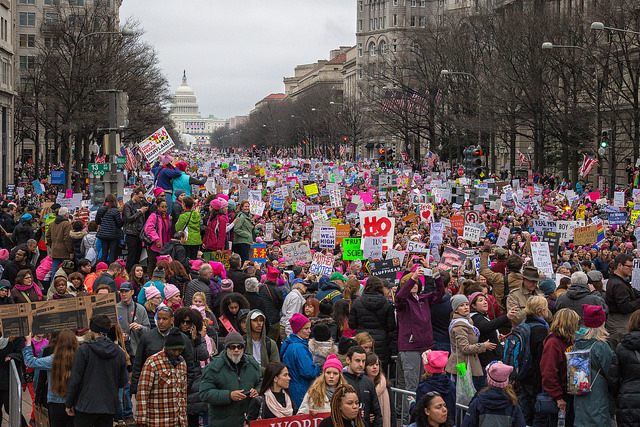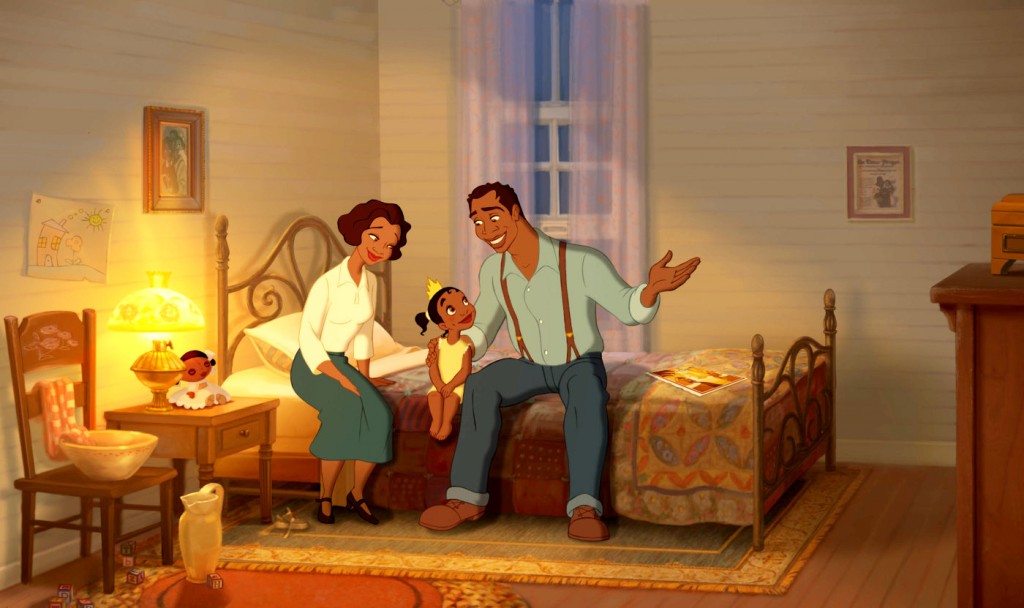
A recent article in the Washington Post points out that Trump’s Cabinet holds fewer advanced degrees than any first-term Cabinet in the last 24 years, and is the least diverse of the last three administrations. Interestingly, the only two minorities that Trump has chosen are more educated than their white counterparts. This a classic example of minorities in America being expected to have more qualifications than whites, as explained by economist Darrick Hamilton, who says,
“Rarely will we find an example of an uncredentialed black person in an elite position … That black person is usually certainly qualified, if not overqualified, with regard to their education.”
Furthermore, education alone is not sufficient. Duke professor of public policy, William Darity, explains that education cannot close the huge wealth or unemployment gap between blacks and whites. Thus, according to sociologist Tressie McMillan Cottom, “African Americans have to be overeducated to be underemployed.”
During the election, Trump fared well among people without a college education. In fact, Obama’s administration was criticized by conservatives for being full of people with advanced degrees from elite universities, illustrating a negative shift in how people perceive those who are highly educated. The fact that Trump’s cabinet is one of the least educated is not surprising considering campaign rhetoric and American political attitudes. Cottom continues,
“As higher education has become more accessible to more diverse groups of people, the general population has become more distrustful of education and expertise. They think there must be something suspect about education, because how great can Harvard really be if someone like Barack Obama got there?”









